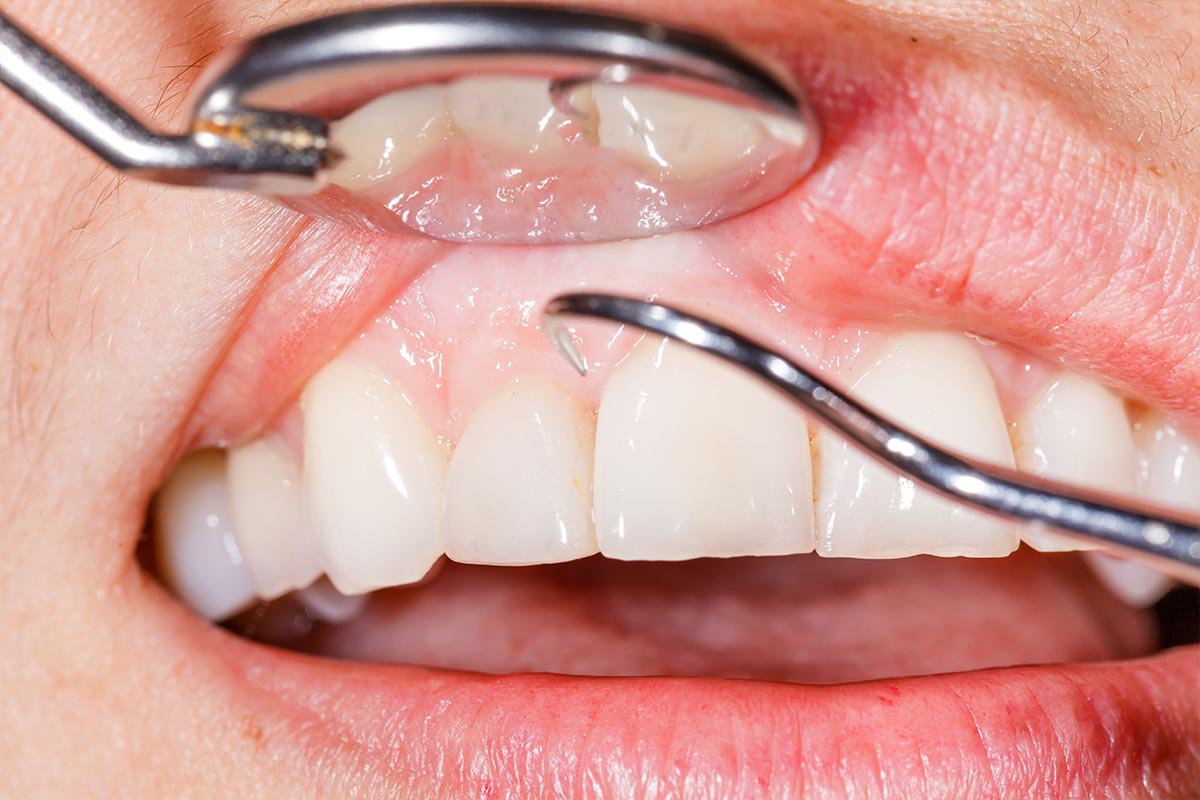
25
Aug
Treating Gum Disease

How can you tell if you have gum disease? If you have the first stages of gingivitis, an early form of gum disease, you may not feel any pain at all. However, if gum disease is not treated, it can get worse. The end result may be lost teeth, loss of bone in your jaw, and even health problems that affect other parts of your body.
The primary cause of gum disease is the buildup of plaque on your teeth. Some of the symptoms of gum disease include red, swollen and tender gums that bleed when you brush and floss, loose teeth and bad breath. The key to fighting gum disease is early detection, and that happens when you see your dentist on a regular basis. If it is caught soon enough, the dentist may suggest you make changes to your oral hygiene routine, or other lifestyle choices.
You dentist may recommend scaling and root planing to deal with gingivitis. The process often takes two visits and may require a local anesthetic. First,the dentist will use an instrument or ultrasonic device to remove the plaque from your teeth above and below the gumline. In a subsequent visit, [heshe] will smooth out the roots of the teeth so that they can reconnect with the jaw.
The best way to deal with gum disease is to brush twice a day and floss before bed. There are also some mouthwashes and rinses that can fight plaque, tartar and gingivitis. Regular trips to the dentist for routine cleanings and exams will allow the dentist to remove any plaque you may have missed and look for signs of gingivitis.
If you are concerned about gum disease or it is just time for your regular cleaning and exam, our dentist, Dr. Tina Foss at North Mesquite Dental in Mesquite, Texas, will be happy to see you. You can make an appointment by calling (972) 619-7763.
